Hernia Surgery in C-scheme, Jaipur
A hernia occurs when an internal organ or other body part bulges through the wall of muscle. It involves having an internal organ or fatty tissue squeezes through a weak spot in a surrounding muscle or connective tissue called fascia. Most hernias occur within the abdominal cavity.
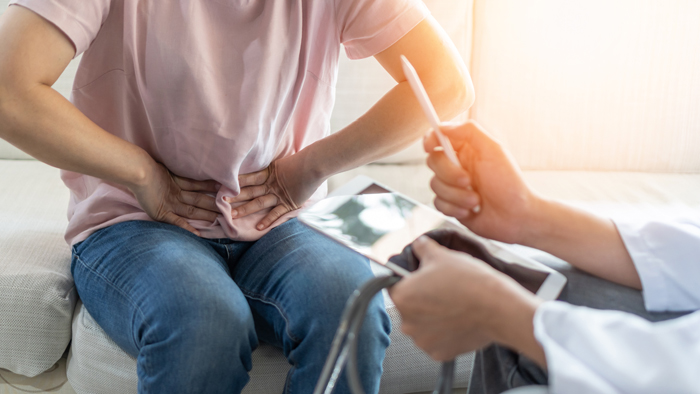
What are the types of Hernia?
Umbilical hernia
It occurs when part of the small intestine passes through the abdominal wall near the navel. It’s common in newborns. Femoral hernia
It occurs when the intestine enters the upper thigh. Femoral hernias are very common in older women. Ventral hernia
It happens when tissue bulges through an opening in the muscles of your abdomen. You may notice that the size of the hernia reduces when you’re lying down.
Inguinal hernia
It occurs when the intestine or the bladder pushes through the abdominal wall. About 96% of groin hernias are inguinal. It mostly occurs in men because of a weakness in this area.
What are the Symptoms of Hernia?
A hernia may cause discomfort and pain. The most common symptom of a hernia is a bulge or lump in the affected area. You may find that the lump vanishes when you’re lying down. Immediate medical attention is required if an inguinal hernia produces severe abdominal complaints such as:
- pain
- nausea
- vomiting
- the bulge cannot be pressed back into the abdomen
What are the Causes of Hernia?
A hernia occurs when there is pressure in the abdomen, such as:
- Damage from an injury or surgery
- Persistent coughing or sneezing
- Diarrhoea or constipation
- Lifting heavy objects
In addition, obesity, pregnancy, poor nutrition, and smoking, can all make hernias more probable.
When to see a doctor at Apollo Spectra, Jaipur?
If you think you have a hernia, seek help from the best specialists in Jaipur. An ignored hernia can grow bigger and more painful. This can lead to severe complications. If you see any of the symptoms mentioned above, contact a doctor immediately.
Request an appointment at Apollo Spectra Hospitals, Jaipur
Call 1860 500 2244 to book an appointment.
What are the Complications of Hernia?
Sometimes an untreated hernia can lead to possibly serious complications. Your hernia might grow and cause more symptoms. It may put too much pressure on adjacent tissues, which can cause inflammation and discomfort.
How can we prevent Hernia?
You can make simple lifestyle changes to avoid getting a hernia. Here are a few hernia prevention tips:
- Stop smoking.
- Maintain healthy body weight.
- Try not to strain while having a bowel movement
- Eat high-fibre foods to prevent constipation.
- Do exercises to strengthen your abdomen muscles
- Avoid lifting heavyweights
How Is Hernia Diagnosed?
To diagnose your condition, first, your doctor will do a physical examination. During this examination, your doctor may feel for a bulge in your abdominal area.
Your doctor is also likely to use imaging tests to help in their diagnosis. These can include:
- Abdominal ultrasound
- CT scan
- MRI scan
How can we treat Hernia?
Surgery
If your hernia is growing larger or causing pain, your surgeon may decide it’s best to do surgery.
- Laparoscopic surgery
It uses a tiny camera and miniature surgical equipment to repair the hernia using only a few small incisions. It’s also less complicated.
- Open surgery
The surgeon makes a cut close to the site of the hernia and then pushes the bulging back into the abdomen. They then sew the area shut.
After your surgery, you may experience pain around the site. Your surgeon will prescribe medication to help with the uneasiness while you recover.
Mesh repair
This procedure is normally done under anaesthetic. A cut is made over the site and the bulge is pushed back into place. The repair is done by placing a piece of sterile mesh at the weak point of the abdominal wall. This is held firmly in place. The outer cut on the skin surface is closed.
Conclusion
Hernia is a common problem. It can often be harmless and pain-free, but at times it can bring distress and pain.
Typically, the hernia is not dangerous. Most hernias cause mild discomfort. But emergency situations, which occur infrequently, can be life-threatening.
Whether you need surgery or not depends on your symptoms. It’s best to see a hernia surgeon or specialist to discuss the treatment.
Since muscles are not cut, pain is minimal. There are few restrictions but the recovery period is rapid.
Symptoms
Our Patient Speaks
My name is Hargovind and I visited Apollo Spectra, Jaipur for the hernia repair surgery. I was suffering from the problem for a long time and decided to get in touch with Dr. Rohit Pandya. I was very impressed by the punctuality and dedication of the Apollo Staff. Post successful operation, I am in a much better state now. I will surely recommend it to my friends and family members.
Hargovind
General and Laproscopic Surgery
Hernia Repair Surgery
My name is Kajod Mal Sharma. I suffered from an agonising pain due to Hernia for the past 4-5 months. I met with many doctors, but none gave the right advice. Lastly, I came to the Apollo Spectra, Jaipur at the behest of a friend. Though I was fearful when surgery was suggested, Dr. Dinesh Jindal eased out all my doubts by answering all my queries. I am glad I chose Apollo Spectra for my treatment. Overall, a great experience.
Kajod Mal Sharma
General and Laproscopic Surgery
Hernia
My name is Nitin Saradhna and I was operated at the Apollo Spectra, Jaipur. I was suffering from severe stomach pain for a long time now. I consulted Dr. Rohit Pandya and he suggested hernia repair surgery. I was scared at first, but went through with it – and I am glad that I did. I am recovering very well now. The staff is really helpful and hygiene is also maintained. Thanks Apollo for this awesome experience.
Nitin Saradhna
General and Laproscopic Surgery
Hernia
My name is Prateek Bansal and I was treated at the Apollo Spectra, Jaipur for the hernia surgery. I entrusted Apollo for this huge step in my life because of the trust shown in it by many of my friends. They all had 100% successful operations here. I, too, was treated with intensive care and I am really satisfied with my experience. The staff is well-behaved and polite. They took great care of all my needs. Thank you, team Apollo. I will surely recommend it to my friends and family members.
Prateek Bansal
General and Laproscopic Surgery
Hernia
Treatments
Our Top Specialities
NOTICE BOARD
CONTACT US
CONTACT US
 Book Appointment
Book Appointment


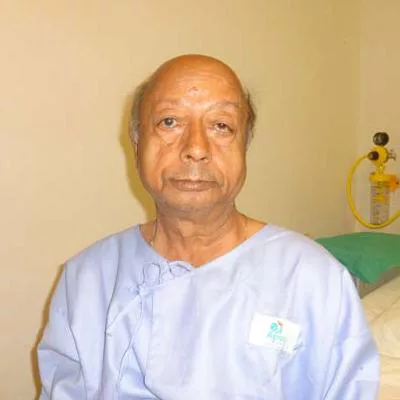
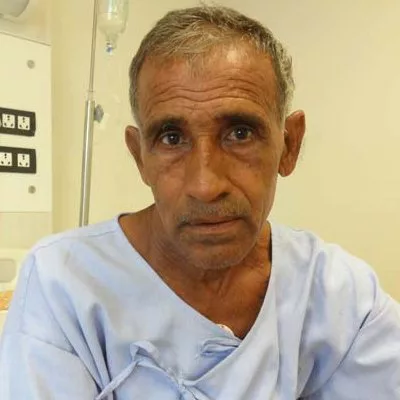
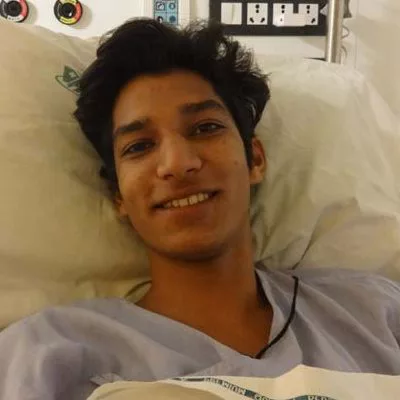
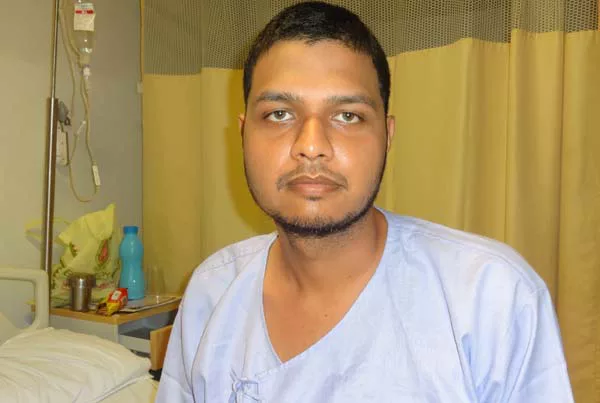
.svg)
.svg)
.svg)
.svg)








